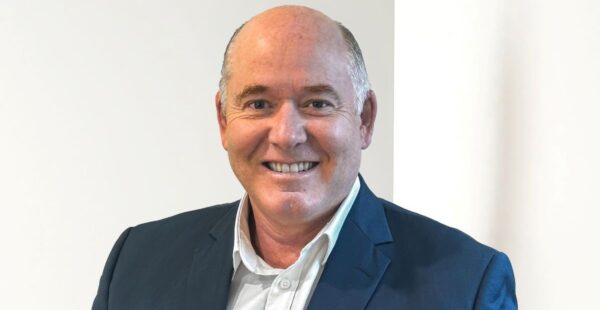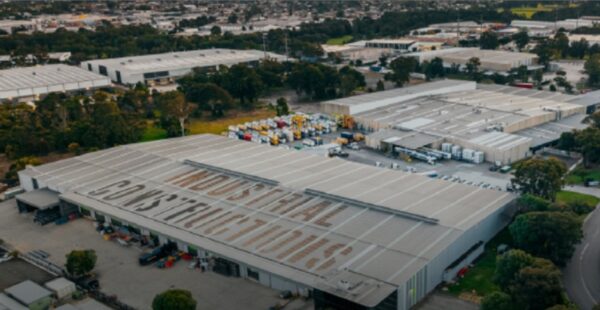Value investing hand-in-hand with resilience: Brandywine Global

New market commentary from Franklin Templeton subsidiary, Brandywine Global, has affirmed the impending re-emergence of value stocks as a result of developing global thematics.
Sorin Roibu, Portfolio Manager of the Brandywine Global Opportunistic Equity Fund, said three thematics are emerging that will set the stage for value investments to perform.
“Firstly, not all markets look expensive. The premium valuation of US stocks compared to other markets worldwide is strikingly apparent. What value investor would put 65% or more of a portfolio into the most expensive developed market in the world with the risks in the US today?
“The energy industry or the banking sector in other parts of the world offers a broader discount relative to the US. But while a good number of European companies are priced at a steep discount relative to their US counterparts, many of these companies have the same global sales as their US competitors.
“For example, Brazil is a country with two-thirds of the population of the US. However, one can find high-quality companies in Brazil that we expect will benefit from what we see as a significant decline in interest rates.
“Similarly, the Japanese yen is starting to appreciate, a trend supported by expected US interest rate cuts, making Japanese domestic companies an attractive investment.”
Roibu also said highlighted the importance of observing macro tailwinds that are set to emerge as inflationary pressures continue to lessen.
“A global monetary easing cycle has begun, led by emerging markets. Latin America has already started cutting interest rates, while Canada, Europe and most recently the US have followed suit,” he said.
“We expect others to follow shortly. These regions offer catalyst-rich environments poised to benefit from a reversal in central bank policy. Latin American commercial real estate and UK housing are two sectors that appear highly attractive to us as clear beneficiaries of falling interest rates.”
Roibu also noted the importance not just “investing in what everyone else already owns” given the highly concentrated environment in US and tech stocks, encouraging investors to search for opportunities in “purchasing businesses for less than their intrinsic worth”.
“And finally, equity market concentration has reached extreme levels. The US tech and internet sector continues to dominate the global benchmark, though some of the largest players are experiencing setbacks this year. Nonetheless, concentration in the US stock market has reached extremely high levels,” he said.
“We have owned some of these names before when valuations were favourable, but currently our macroeconomic research, coupled with a value-oriented mindset, suggests that there are far more compelling opportunities worldwide than simply investing in what everyone else already owns.
“Our current favourite example is the global shortage of commercial aircraft resulting from Boeing’s five years of production issues. Owners of this increasingly scarce asset, whether they are airlines in any region of the world or the largest aircraft lessors, trade at single-digit price-to-earnings (P/E) ratios. Basic supply and demand economics suggests that pricing is likely to be quite favourable moving forward.”











Deliberate adviser blocking tactics by union super funds. Some are OK, such as ART and and Aware. But Australian Super…
Of course the SMC supports ASIC’s IDR naming and shaming proposal—this is entirely in line with its broader strategic playbook.…
Has anyone noticed that most platforms try to classify complaints as feedback instead of complaints nowadays? Even when you stipulate…
No this would be analogous with Industry Funds being named and shamed for individual breaches and incidents in IDRs and…
ASIC & Industry Super Fund audits done in member paid for Sporting boxes whilst enjoying free food and alcohol. All…